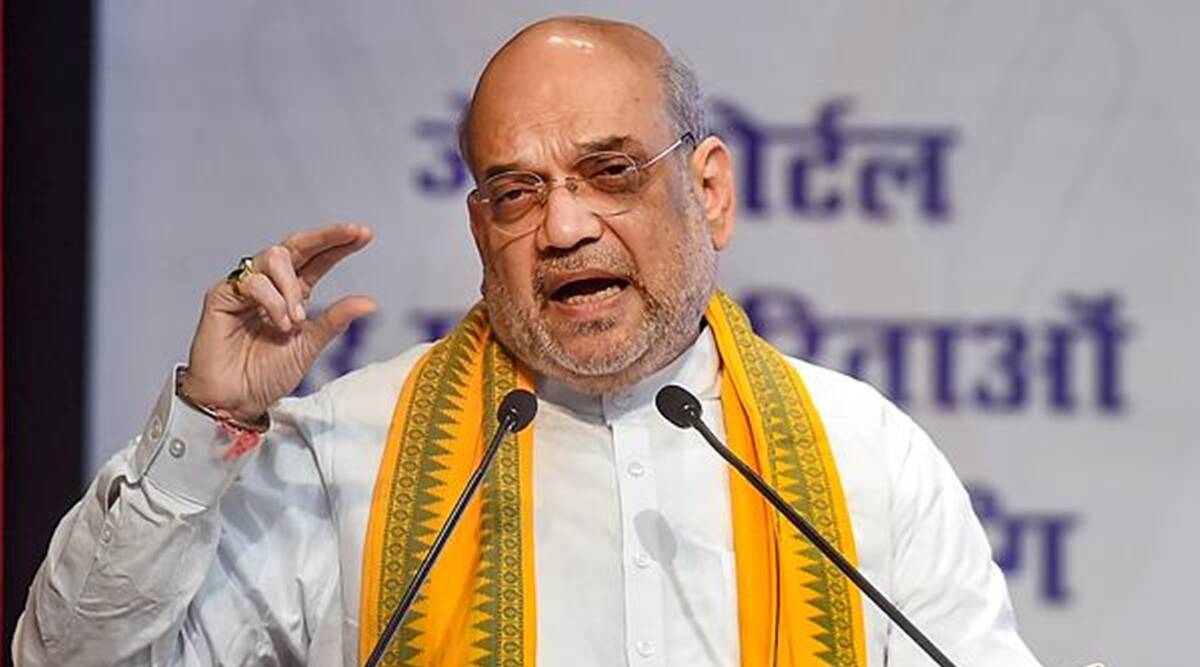


Although the ban on the Islamist Popular Front of India has been debated within the national security establishment since the 2010 handcuffing case of Kerala college lecturer T J Joseph, Prime Minister Narendra Modi and Home Minister Amit Shah bit the bullet this morning and banned the organisation and its affiliates.
Since the NIA raided 93 PFI locations in 15 states on September 22, followed by countrywide state police raids on the organisation that was radicalising Muslim youth towards extremism, the groundwork for the ban has been laid. The PFI, which has ties to pan-Islamist organisations and Sunni terrorist groups such as the Muslim Brotherhood, Al Qaida, and Pakistan-based Jaish-e-Mohammed and Lashkar-e-Toiba, was the driving force behind the organisation of anti-CAA protests against the Modi government, which resulted in rioting in states such as Delhi. While Saudi Arabia and the UAE have banned the Muslim Brotherhood, the PFI was primarily funded by Qatar, Kuwait, and Turkey, with the Brotherhood providing cover by accusing the Modi government of being anti-minorities on one of the major English media outlets.
While PM Modi was in Japan for the state funeral of his late friend Shinzo Abe, and HM Shah was in Gujarat speaking at election rallies, a bureaucratic team led by National Security Advisor Ajit Doval, Home Secretary Ajay Bhalla, intelligence chiefs, and enforcement chiefs laid the groundwork for the ban notification. The principals decided to ban the organisation before the PM left for Japan and Amit Shah went to Gujarat. NSA Ajit Doval, who normally travels with the Prime Minister on foreign trips, was tasked with staying behind and supervising the legal paperwork with input from the intelligence chiefs. Since the NIA and ED raids on September 22, the paperwork has been accompanied by nationwide state police raids.
Given the spread of the PFI and its affiliates in India, as well as their connection to global jihad networks, Home Minister Amit Shah, who previously studied the SIMI and Indian Mujahideen movements as Gujarat Home Minister, has been focused on the pan-Islamist organisation since joining the Modi government in 2019.
The PFI’s role as an ideological radicalizer and instigator of violence against the majority community was highlighted during the anti-CAA agitation, the Delhi riots, and the recent savage beheading of a Udaipur tailor and an Amravati pharmacist for blasphemy after the accused were discovered to have links with this pan-Islamist organisation.
Rather than acting quickly, the Indian intelligence agencies collected, collated, and analysed data before prohibiting PFI. Internal intelligence agencies prepared proper dossiers for enforcement agencies such as the NIA and ED to execute. The raids that preceded the ban were flawless, with the entire PFI top leadership caught off guard and apprehended in a single swoop. The PFI leadership was taken aback by the raid, but they had been expecting the Modi government to move in this direction for the past two months. As a result, there was very little cash or weapon recovery.
PFI will morph into another Islamist outfit to carry out their global agenda, according to national security planners, if the organisation is banned. The ban, however, will disrupt the organisation and deprive the Islamist organisation of funds for at least two to three years. The fight against PFI and extremists is never-ending.